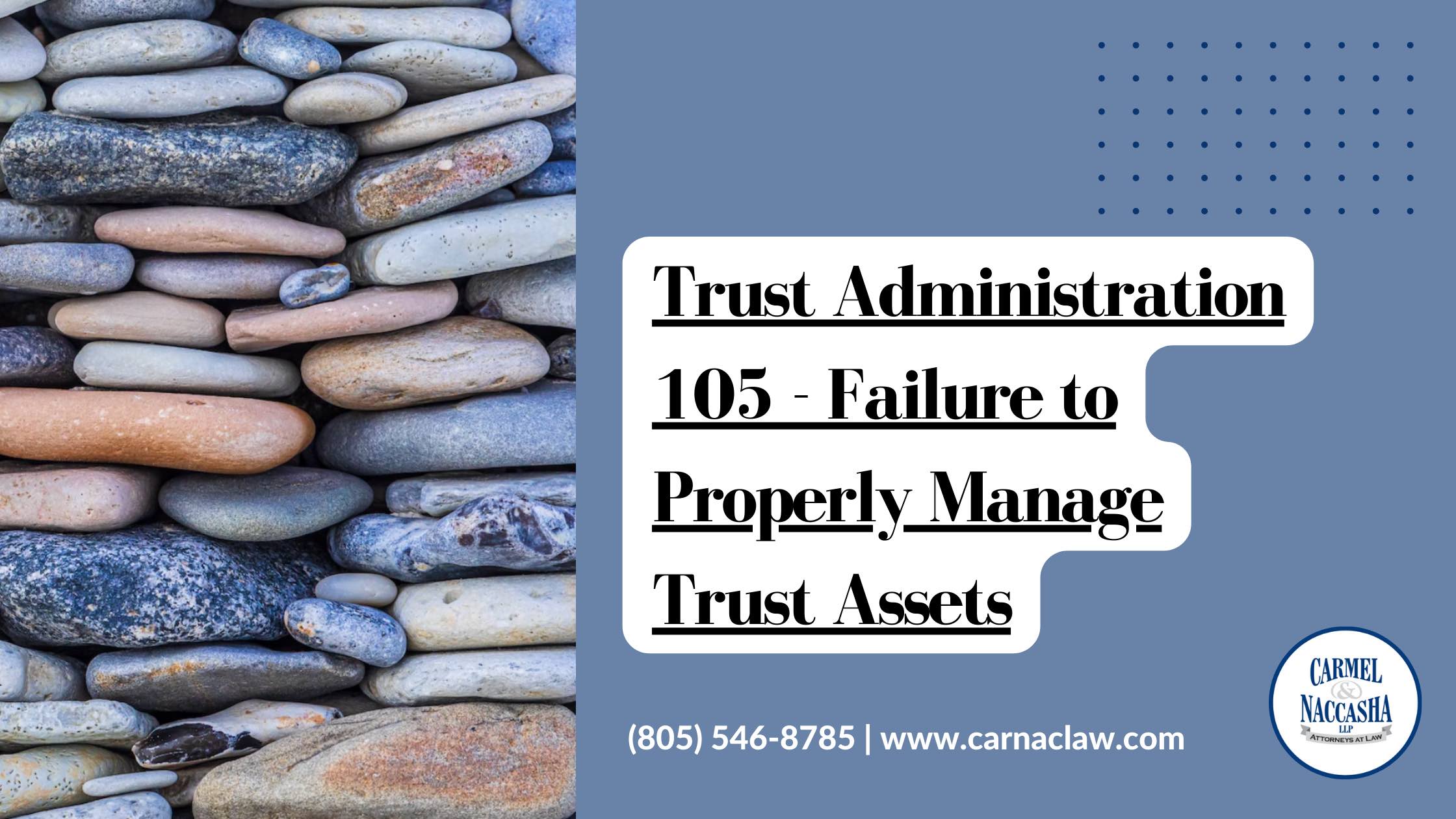Please Contact an Attorney
This is part five of a five-part series on the most common errors and issues that can arise in the administration of a trust upon the death or disability of a trustor.
Reasonably Prudent Investor
As a trustee, you are held to a standard of a reasonably prudent investor. Probate Code section 16047 lays out the basics of what is expected of a trustee. A few key points include 16047(a), “the trustee shall exercise reasonable care, skill, and caution.” And (c)(1) and (7) which state, “General economic conditions” and “Needs for liquidity, regularity of income, and preservation or appreciation of capital.”
Preserve the Assets
In short, as a trustee, you are required to properly invest the assets of the trust in a way that protects and preserves the assets while allowing for growth. Failure to protect the trust assets may result in personal liability for the trustee. For example, failure to keep insurance on real property that is then destroyed by fire or disreputable tenants will likely result in financial exposure for the trustee. Failure to rent out rentable property will likely result in a breach of fiduciary duty unless there are compelling reasons as to why the property is not rented.
Having Goals for Trust Assets
Many of these concerns can be allayed by a frank discussion with the beneficiaries about their goals and hopes for the trust assets. Discussions with the beneficiaries alone are not a cure all, as the obligation to properly manage the trust assets lies with the trustee. However, having the beneficiaries’ input and, in the right circumstances, involving the beneficiaries in the discussion about what to do with trust assets, can minimize or even alleviate potential claims of malfeasance or breach of fiduciary duty.
Contact a Professional
At times, it may be a fine line that the trustee must walk to comply with all of the duties that are imposed upon them by the trust and by law, which is why the assistance and guidance of experienced counsel (and other professionals) is so important.
If you need assistance in the administration of a trust or have questions about how a trust should be administered, please give Victor Herrera or our estate planning team a call at (805) 546-8785. They can help walk you through the process of administering a trust and help teach you how to avoid common pitfalls.
The information provided herein does not, and is not intended to, constitute legal advice; instead all information, content, and materials are for general informational purposes only. Neither this website nor this post are intended to create an attorney-client relationship.
For more details, please read our full disclaimer.

